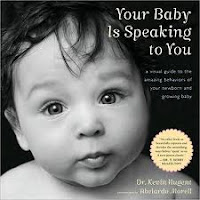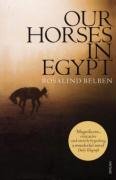by Jerry Baker
This is one of those books I picked up from a swap site when I had a green thumb itch. The Impatient Gardener is full of concise, simple gardening advice, about nearly anything you\’d want to grow or keep green- your lawn, shrubs, flower boarder, trees, rose bed, vegetables, even houseplants. There is information on how to establish perennials, recommendations for plant species that are relatively easy to care for and do well in different mini-climates of your yard, timelines on when to do certain work in the yard, info on how to layout your flower bed and veggie garden, what to feed your roses, how to keep your trees happy and much more.
But I had a few doubts about the book. First of all, it\’s rather dated. Secondly, even though the guy recommends some organic methods like feeding with compost, treating plants with homemade tonics (including things like mouthwash and baking soda!) and companion planting in the veggie garden to deter pests and promote plant health (the chart here seems really invaluable) he also constantly recommends the use of chemical pesticides, some of which I discovered by looking them up (not being familiar with their names) are no longer sold, they are so dangerous (like Diazinon). Another thing that kind of threw me was that in the section where he talks about keeping pests out of your yard and garden- deer, moles, squirrels, etc. He starts off by saying you should never kill an animal but find other ways to get rid of it; yet most of his recommendations move quickly from deterrent measures or trap-and-release to using gas, poison and other methods to kill the critters you want to get off your property. Hm.
So… I think I might keep this book around for some reference, it has lots of easy-to-find and understand guidelines for when to plant things, how to prune etc. and I\’m curious to try a few of his homemade plant tonics. I looked for other reviews of this book online but all I could find was a handful of Amazon reviews- all of which raved about the results of following his advice, by the way. I didn\’t think much of this until the other day I saw a guy in our neighborhood mowing his lawn- when the grass has barely turned green, it\’s not even over an inch high in my yard! Personally I\’ve never given my lawn much care beyond mowing when it starts looking scraggly, so I was wondering about starting up some regular lawn care. And then I looked at this neighbor\’s lawn compared to the others around it- his was fuller and greener. And one of the first things this Jerry Baker recommends doing with your lawn is cutting it as low as you can in the spring when it first begins to turn green. So maybe he has something there. I just might try following some of his advice, but I sure am going to steer clear of the chemicals and pesticides. They make me nervous.
Rating: 3/5 …….. 228 pages, 1983












